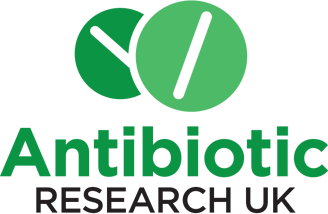Following the successful raising of funds by the charity for its next phase of research on Antibiotic Resistance Breakers, the Science Committee of Antibiotic Research UK (ANTRUK), chaired by Professor Chris Dowson, Professor of Microbiology, University of Warwick recently reviewed the research bids resulting from the publication of its Tender Document. Nine organisations including national and international contract research organisations as well as universities submitted tenders to screen up to 100 existing drugs for their ability to break antibiotic resistance in four species of Gram-negative bacteria viz. P. aeruginosa, K. pneumoniae, A. baumannii and E. coli. Pan-resistant species will be screened against the five main classes of antibiotic used to treat resistant infections in these species. The five representative antibiotics are – colistin, tigecycline, ciprofloxacin, meropenem and gentamycin.
The received tenders were reviewed by a sub-group of the Science Committee together with two external assessors and scored using criteria agreed at the outset of the evaluation process. Once scored, the tenders were reviewed by the full Science Committee who decided which of the bids should be funded. The recommended bid was then reviewed by the charity’s Trustees who agreed the Science Committees recommendation.
The successful bid was from LGC Ltd who were awarded the contract by the charity. This has now been signed and the screening work is about to commence. The thrust of the programme is to examine 100 drugs screened in our first research programme but at significantly higher concentrations than in the original screen. The reason for this is that in the first screen all the 1600 pharmacopoeia drugs were screened at two concentrations irrespective of achievable blood concentrations. This second research phase has selected those drugs from the pharmacopoeia library where higher non-toxic plasma concentrations might be usable in the clinic.
The charity would like to thank all those organisations that submitted tenders. We realise that preparing submissions takes time and expense and we very much hope the unsuccessful organisations will not be deterred from submitting bids in the future.

